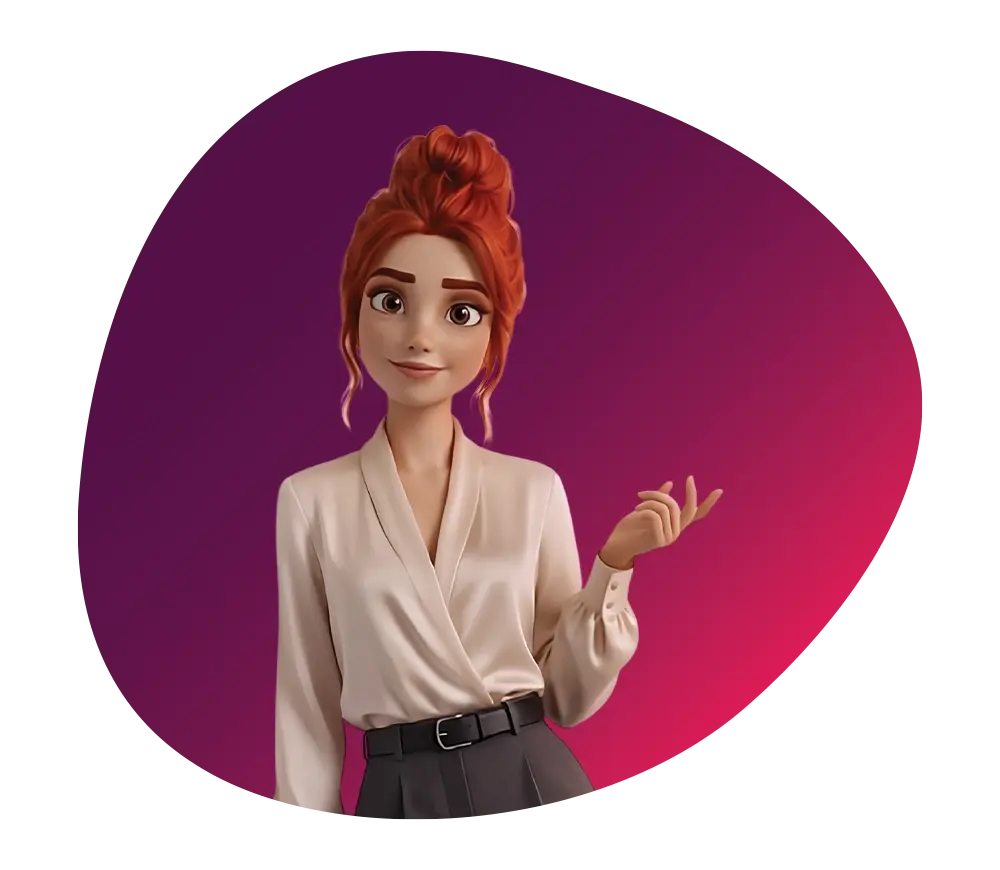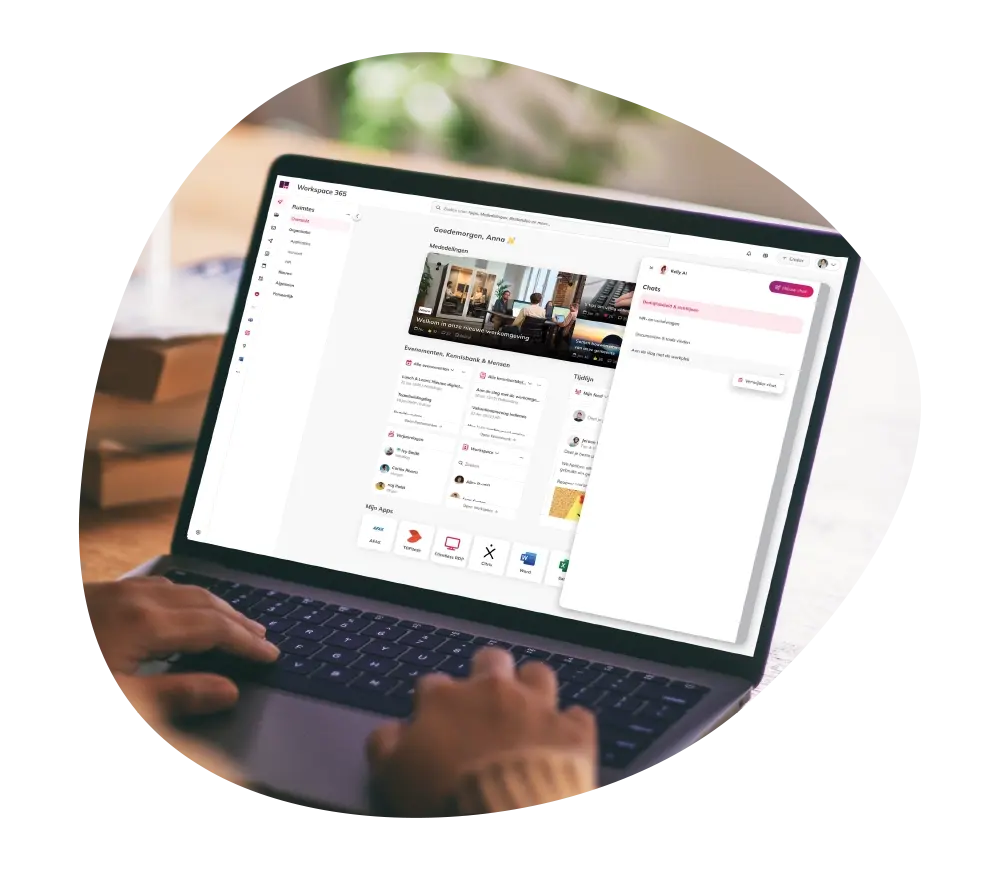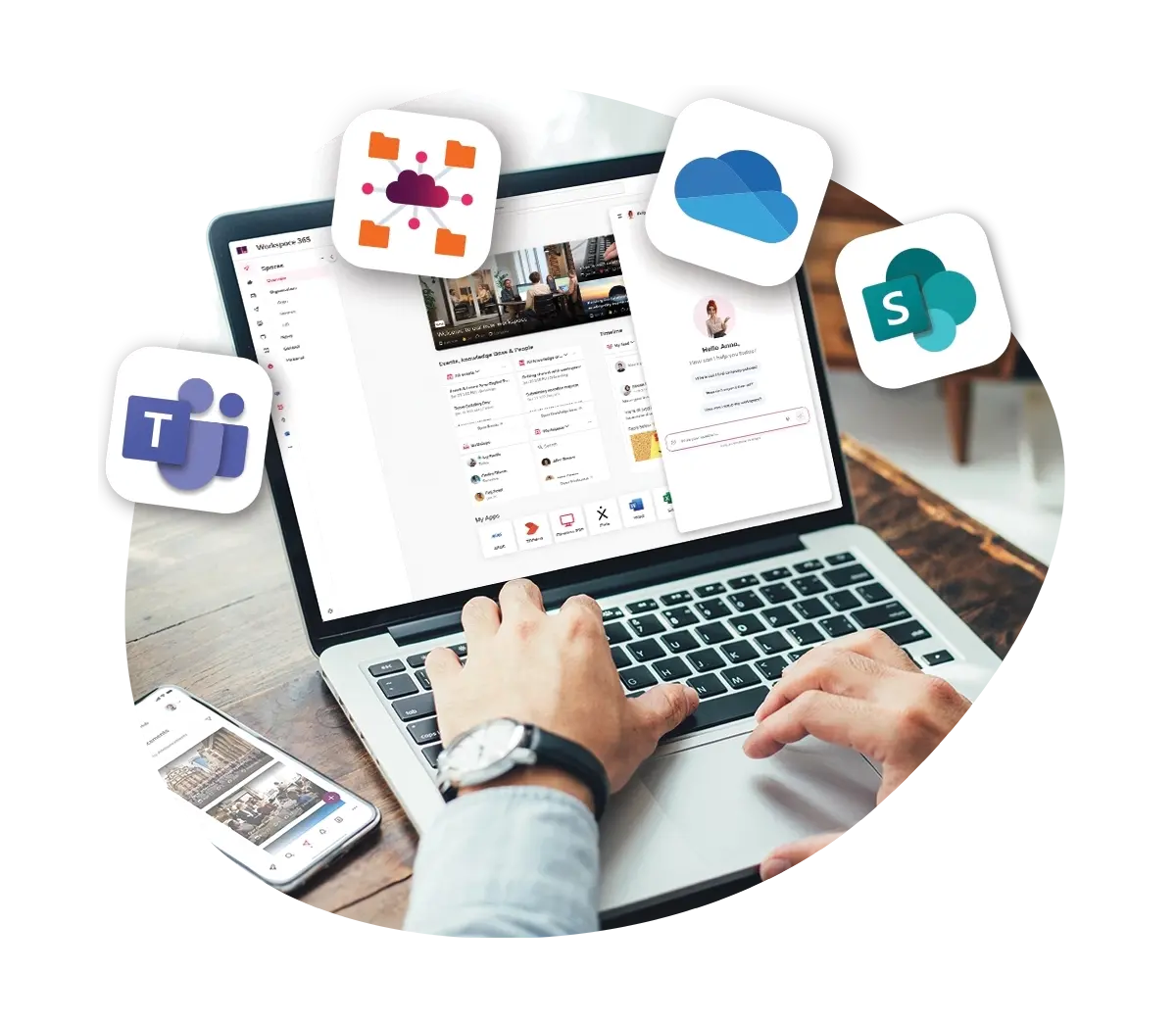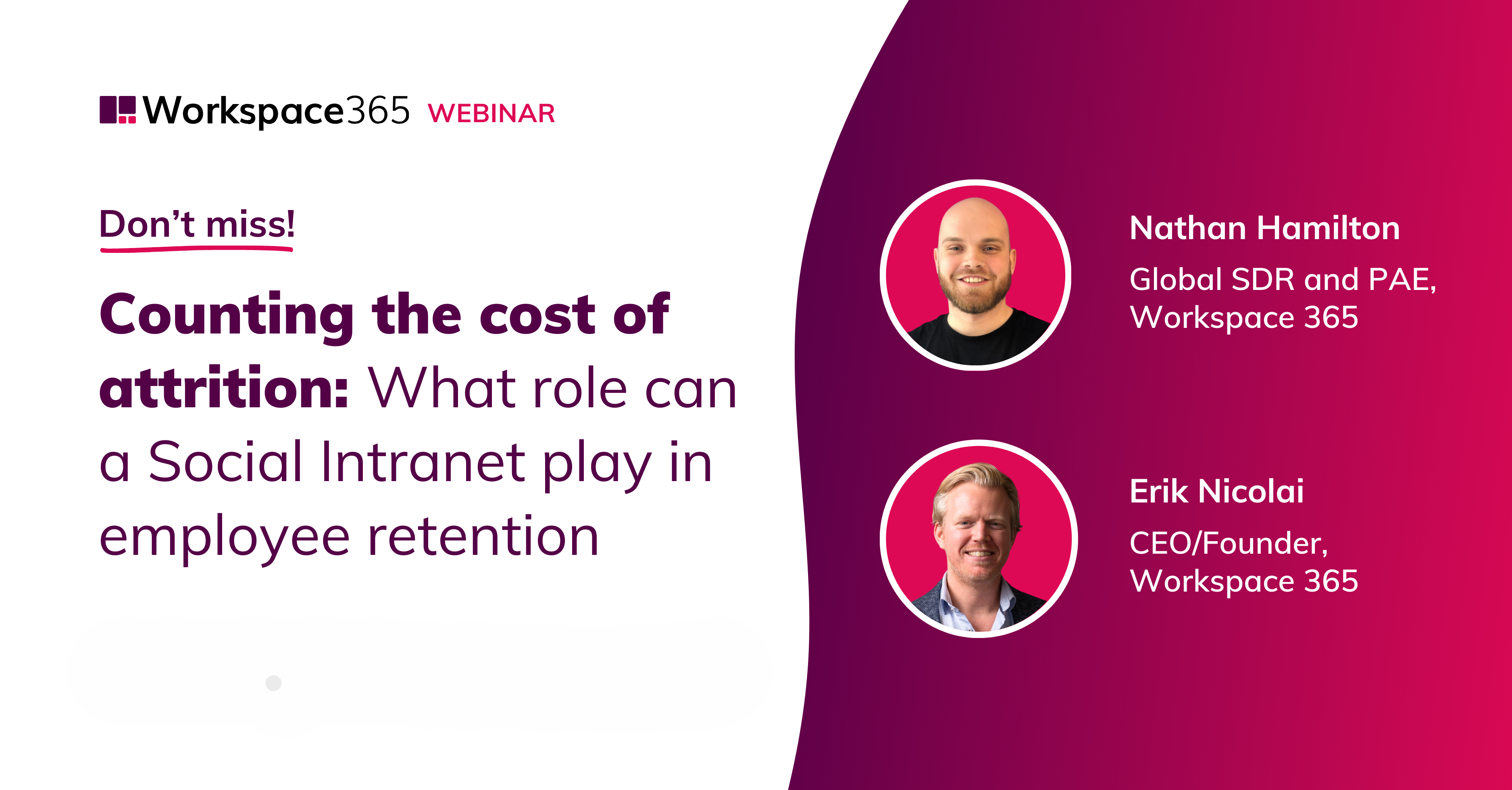Healthcare systems are under immense pressure and yet, instead of easing these burdens, inefficient workplace technology slows healthcare professionals down.
‘Medical professionals don’t pursue careers in healthcare out of a love of data entry, but it’s an inescapable daily reality for most, taking time away from focused care and consultations with patients.’ — Modernizing Medicine: How Technology Can Improve Healthcare Processes, Forbes, Feb 2025
Our recent survey of over 1,000 UK employees working in large organisations makes it clear; in healthcare, when the digital workplace is intuitive and seamless, care improves. But when it’s not, everything slows.
There are glimpses of success. In the Netherlands, digital solutions are proving critical in tackling the administrative overload. The UK Government has recognised this too, pledging to invest £2bn in technology to boost NHS productivity. But progress is patchy and slow.
Workplace technology: Employee challenges in Large UK organisations
Work should be simple. That’s why we explored the Digital Employee Experience (DEX), surveying 1,000+ employees from UK organisations.

Bridging the digital skills gap
The lack of intuitive workplace technology in the UK healthcare sector complicates daily operations, leading to frustration, burnout, and decreased patient care quality. More than two-fifths (44%) of all respondents and specifically 55% of healthcare professionals told us that fewer logins or systems to manage each day would make their digital workplace easier to use.
Even as digital transformation advances, many healthcare employees lack relevant training. This is particularly problematic because problems with IT can disrupt the delivery of care and increase the likelihood of errors that affect the safety and quality of care.
Admin overload is stealing time from patients
In healthcare, every second counts. Yet 60% of healthcare professionals agree that excessive admin is overwhelming and slows them down. The key technology challenges contributing to this include:
- Excessive software and redundant systems – Many healthcare professionals need to switch between multiple applications to complete a single task. More than half (56%) of those tell us switching around consumes too much valuable time.
- Lack of confidence in digital tools – Some employees, particularly older healthcare professionals, struggle with complex systems.
- Cybersecurity concerns – Younger employees often use personal devices due to the inconvenience of workplace IT systems, creating security risks.
More than half (56%) of healthcare professionals want to be able to access everything they need in one central location, as their time should be dedicated to patients.
True digital transformation in healthcare involves centralising information, and 36% told us this should be the key to investment. Centralised data for things such as patient records could empower decision-making, reducing risk to patients, and improving health outcomes.
‘The wise use of appropriate digital technology will have a significant impact on efficiency, leading in turn to greater patient satisfaction.’ — Improving NHS productivity through digital technology, Business Reporter
Lessons from the Netherlands: Digital transformation in healthcare
The UK's NHS is funded through government taxation and National Insurance contributions, offering free treatment at the point of delivery, while the Netherlands requires all residents and workers to have basic medical insurance. Both countries face challenges in improving healthcare worker productivity, particularly with ageing populations and complex healthcare needs.
A significant issue in the Netherlands is that healthcare professionals spend up to 40% of their time on administrative tasks, according to the survey by Workspace 365. This time could be better spent on patient care.
To address these inefficiencies, the Dutch government passed a law in 2023 promoting digital information exchange in healthcare, The slow implementation created a need for more efficient options. Our platform addressed this, centralising apps and documents into a single, user-friendly interface, amounting to 1,000 hours saved daily for a workforce of over 4,000 employees.
The success of this system, which improves collaboration and decision-making in the Netherlands, could serve as a model for the UK's NHS, where healthcare professionals have expressed interest in centralised digital solutions.
Investing in technology for employee retention
In high-stress fields like healthcare, poor workplace technology significantly affects employee retention. Our research shows that over 30% of healthcare employees would consider leaving their jobs due to complex IT systems.
By prioritising digital transformation tailored to employee needs, healthcare organisations can:
- Reduce burnout by minimising frustrations caused by inefficient technology.
- Enhance job satisfaction, which ultimately leads to better patient care outcomes.
- Attract and retain top talent by offering a seamless, user-friendly digital work environment.
In addition, the shift toward hybrid work has become widespread across industries, and it presents unique challenges for healthcare. Many administrative staff now work in hybrid models, yet 32% of the healthcare employees we surveyed say that the use of multiple platforms hampers collaboration with colleagues.
Healthcare workers, both on-site and remote, need seamless access to critical systems and tools - without compromising patient data security. In response, many organisations are turning to cloud-based digital workplaces, designed to ensure secure, remote access to essential systems, streamline communication, and bolster cybersecurity.
Imagine a world where your healthcare professionals no longer waste precious time searching for the latest medical guidelines or waiting for updates to reach them. With a unified, easy-to-navigate digital workplace, they can instantly retrieve patient records, access real-time medical data, and collaborate effortlessly across different locations. This isn't just about convenience; it's about empowering healthcare teams to make faster, more informed decisions, delivering better care. No matter where they are.







